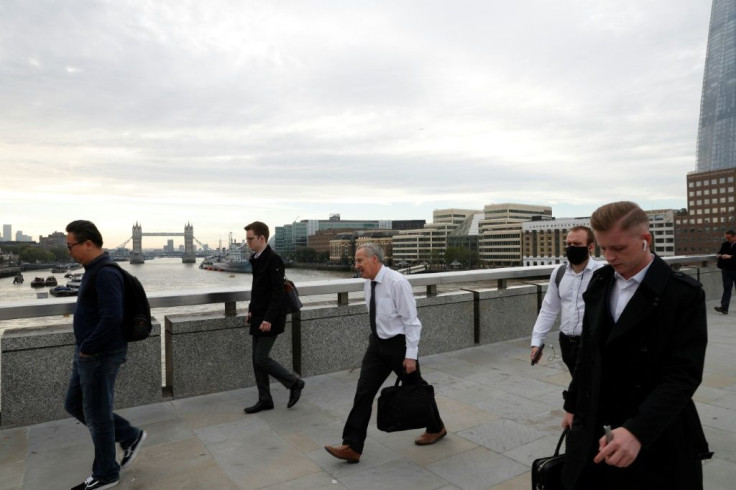COVID-19 And Anger Go Hand In Hand
KEY POINTS
- The COVID-19 pandemic is taking a psychological toll on populations under lockdown
- Researchers and clinicians say anger isn't necessarily a negative emotion and is understandable in a situation like this one
- The difference between expressing stress in a healthy manner versus falling into unproductive dynamics often comes down to accurately identifying the source of stress
As the COVID-19 pandemic wears on, a growing number of psychology researchers and professionals are warning that anger could become an issue for populations facing lockdowns and economic uncertainty.
Some indicators are already throwing up alarms: rates of domestic abuse and domestic violence have gone up, and a survey from King College London indicates interpersonal conflicts are rising as well, the Telegraph reports. Clinical psychologists recommend being mindful during these times, reflecting to ensure that we are aware of the root causes of our emotions and articulating them calmly and accurately to those important to us.
The survey from Kings College London was carried out by Louise Smith on more than 2,200 adults in the U.K. Over half of respondents said they’d had arguments or falling-outs with loved ones as a direct result of the COVID-19 pandemic.

Some demographics were more vulnerable than others: young adults, those in financial trouble, groups at high-risk for coronavirus and frequent users of social media were all more likely to have their social relationships disrupted by COVID-19. It would seem that healthy, well-to-do 40-somethings are about the only demographic unaffected by the pandemic blues.
The clinical side of psychology offers a variety of ways to combat this tendency toward cabin fever. Central to just about all of them is reflection: People suffering from outbursts and toxic social dynamics frequently don’t clearly see the source of their anger. Dr. Hans Steiner, a professor emeritus at Stanford’s psychiatry department, stressed in an article the importance of talking openly about feelings.
“In the heat of the moment, there is little room for reflecting on anger and aggression. But it is reasonable to expect such examination to take place after one has settled down,” he writes. “What always helps is to have a pair of helpful ears which can follow our story, how everything unfolded and how it made us feel. This is true for almost all of us, whether we are children or adults.”

Dr. Steiner says that while unwarranted or uncontrollable anger can be a sign of deeper problems, the COVID-19 pandemic’s economic stresses and social transformations have many ordinary people struggling to cope.
“The COVID situation does present us with unprecedented challenges which interfere unrelentingly with all our lives. Social isolation may be the best tool to keep the virus under control, but this clashes directly with the need for social interventions helping us resolve anger and rage when being at the mercy of injustice and uncertainty,” Steiner writes.
David Rosmarin, associate professor of psychology at the Harvard Medical School, expressed similar views in an interview with the Harvard Gazette. Anger, Rosmarin says, is a reaction to vulnerability.
While lashing out might make us feel better about the massive dynamics impacting our lives, it’s seldom productive. Rosmarin suggests instead subverting that impulse by being honest with the people around you.
“It’s hard, but clinically I recommend that people first acknowledge their vulnerability to others in their lives,” he writes. “The reality is that we do need other people. Straightforward in theory, but like anything worthwhile in life, it’s hard to do.”
© Copyright IBTimes 2025. All rights reserved.





















